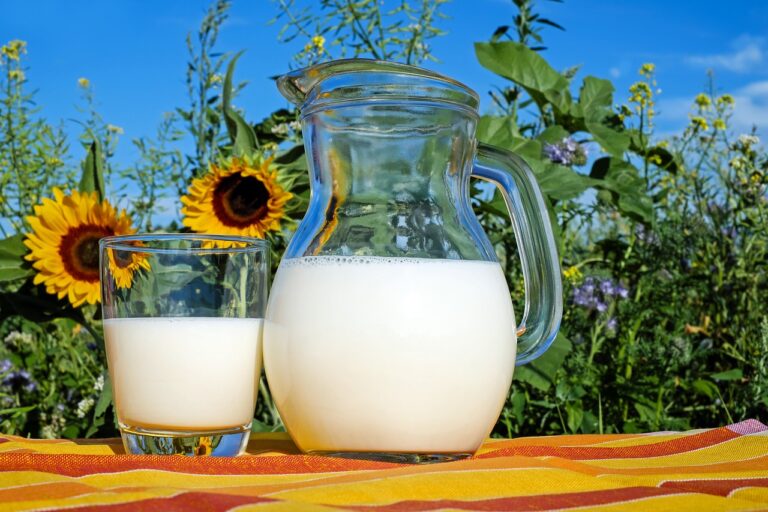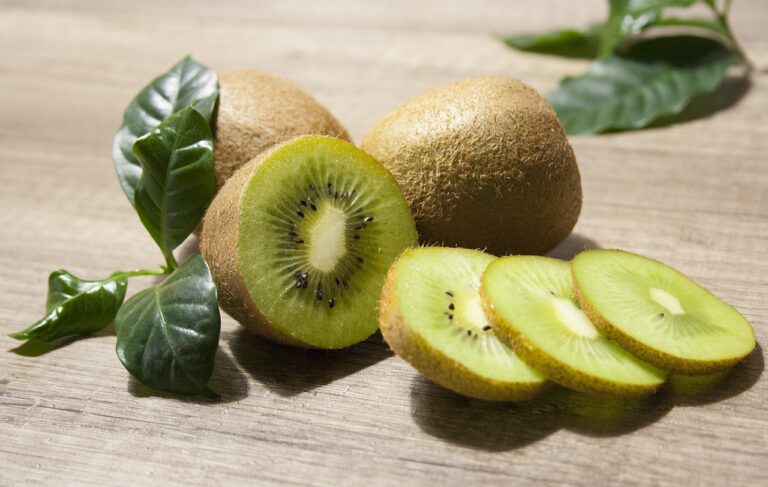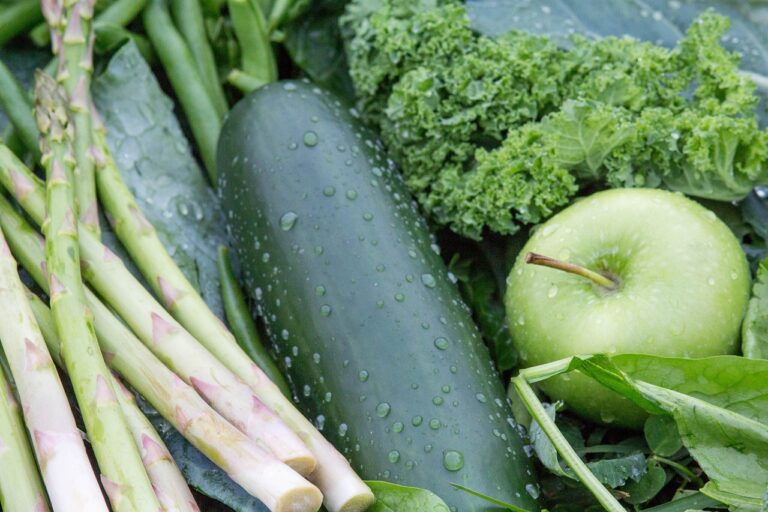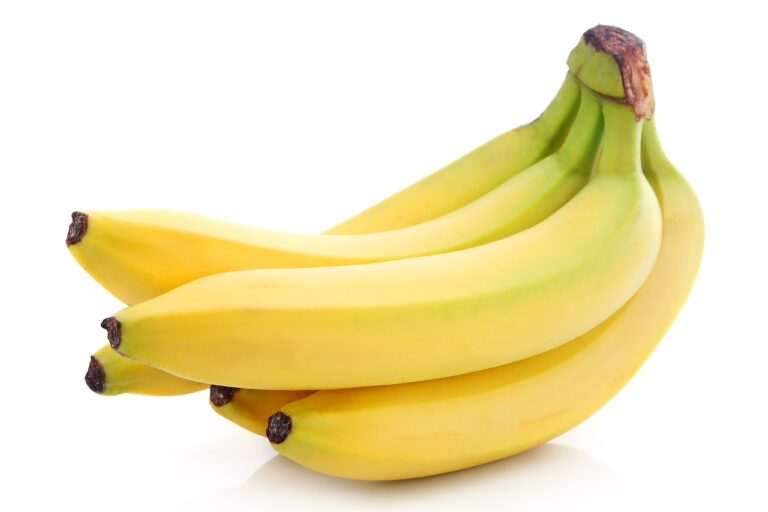Content
ToggleChickpeas, also known as garbanzo beans, have been a staple in diets around the world for centuries. These small, round legumes are not only versatile in culinary applications but also pack a punch in terms of nutritional value. In this blog, we will explore the fabulous benefits of chickpeas, delving into how they contribute to a healthy diet, support various bodily functions, and provide a wealth of advantages for overall well-being. Whether you are a seasoned chickpea enthusiast or new to incorporating them into your meals, understanding the fabulous benefits of chickpeas can enhance your appreciation for this humble legume.
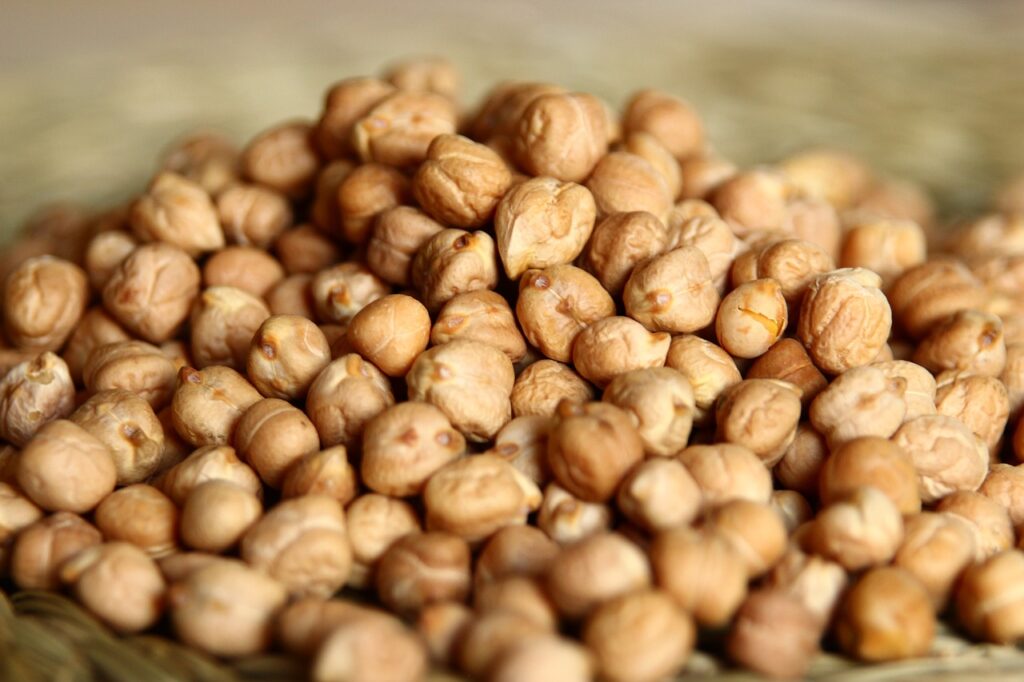
10 Fabulous benefits of chickpea
1. Nutrient Powerhouse
Rich in Protein
Chickpeas are an excellent source of plant-based protein, making them a valuable addition to vegetarian and vegan diets. One cup of cooked chickpeas provides about 15 grams of protein, which is crucial for muscle repair, immune function, and overall growth.
High in Fiber
Dietary fiber is essential for digestive health, and chickpeas are packed with it. Consuming fiber-rich foods like chickpeas can help prevent constipation, promote regular bowel movements, and support a healthy gut microbiome.
Abundant in Vitamins and Minerals
Chickpeas are rich in various vitamins and minerals, including folate, iron, magnesium, phosphorus, and B vitamins. These nutrients are vital for energy production, red blood cell formation, bone health, and overall metabolic function.
2. Supports Weight Management
Promotes Satiety
The combination of protein and fiber in chickpeas can help keep you feeling full longer. This satiety factor can reduce overall calorie intake, making chickpeas an excellent food choice for those looking to manage their weight.
Low Glycemic Index
Chickpeas have a low glycemic index, which means they release glucose into the bloodstream slowly. This slow release helps maintain stable blood sugar levels and can prevent spikes and crashes that lead to increased hunger and overeating.
Versatile and Satisfying
Chickpeas can be incorporated into a variety of dishes, from salads to stews, providing a satisfying and nutrient-dense alternative to high-calorie foods.
3. Heart Health Benefits
Lowers Cholesterol Levels
Studies have shown that regular consumption of chickpeas can help reduce LDL (bad) cholesterol levels. The soluble fiber in chickpeas binds to cholesterol in the digestive system and helps remove it from the body.
Reduces Risk of Heart Disease
The combination of fiber, antioxidants, and anti-inflammatory properties in chickpeas contributes to a lower risk of heart disease. These nutrients work together to improve blood lipid profiles and reduce oxidative stress.
Supports Healthy Blood Pressure
Chickpeas are a good source of potassium, which is known to help regulate blood pressure. Adequate potassium intake can counteract the effects of sodium and help maintain healthy blood pressure levels.
4. Supports Digestive Health
Improves Gut Health
The high fiber content in chickpeas acts as a prebiotic, feeding the beneficial bacteria in the gut. A healthy gut microbiome is linked to improved digestion, enhanced immune function, and better overall health.
Prevents Digestive Disorders
Regular consumption of chickpeas can help prevent various digestive disorders, including diverticulosis and irritable bowel syndrome (IBS). The fiber in chickpeas adds bulk to the stool and promotes regularity.
Reduces Inflammation
Chickpeas contain compounds that have anti-inflammatory properties, which can help soothe the digestive tract and reduce symptoms of inflammatory bowel diseases.
5. Blood Sugar Regulation
Stabilizes Blood Sugar Levels
Chickpeas have a low glycemic index, meaning they do not cause rapid spikes in blood sugar levels. This makes them an ideal food for individuals with diabetes or those looking to manage their blood sugar levels.
Improves Insulin Sensitivity
The fiber and protein in chickpeas help improve insulin sensitivity, allowing the body to use insulin more effectively. This can reduce the risk of developing type 2 diabetes.
Reduces Risk of Diabetes
Regular consumption of chickpeas has been associated with a reduced risk of type 2 diabetes. Their ability to regulate blood sugar levels and improve insulin sensitivity makes them a valuable food for diabetes prevention.
6. Bone Health
Provides Essential Nutrients for Bones
Chickpeas are rich in calcium, magnesium, phosphorus, and vitamin K, all of which are essential for maintaining strong and healthy bones. These nutrients work together to support bone density and prevent osteoporosis.
Supports Bone Formation and Repair
The protein content in chickpeas is crucial for bone formation and repair. Adequate protein intake helps maintain bone structure and strength, reducing the risk of fractures.
Reduces Inflammation in Bones
Chickpeas contain anti-inflammatory compounds that can help reduce inflammation in the bones and joints, providing relief from conditions like arthritis.
7. Enhances Mental Health
Boosts Mood and Reduces Depression
Chickpeas contain nutrients like folate, magnesium, and B vitamins, which are essential for brain health. Folate, in particular, plays a crucial role in the production of serotonin, a neurotransmitter that regulates mood.
Improves Cognitive Function
The antioxidants in chickpeas help protect brain cells from oxidative stress, which can improve cognitive function and reduce the risk of neurodegenerative diseases like Alzheimer’s.
Reduces Anxiety and Stress
The magnesium in chickpeas has been shown to reduce symptoms of anxiety and stress. Magnesium helps regulate the release of stress hormones and promotes relaxation.
8. Supports Pregnancy and Lactation
Provides Essential Nutrients for Fetal Development
Chickpeas are an excellent source of folate, which is essential for fetal development. Adequate folate intake during pregnancy helps prevent neural tube defects and supports the growth of the baby’s brain and spine.
Enhances Milk Production
The protein and nutrient content in chickpeas can support milk production in lactating mothers. Consuming chickpeas can help ensure that both the mother and baby receive essential nutrients.
Reduces Pregnancy Complications
The iron content in chickpeas helps prevent anemia during pregnancy, reducing the risk of complications such as preterm delivery and low birth weight.
9. Antioxidant Properties
Fights Free Radicals
Chickpeas are rich in antioxidants, which help neutralize free radicals in the body. Free radicals can cause cellular damage and contribute to chronic diseases like cancer and heart disease.
Reduces Risk of Chronic Diseases
The antioxidants in chickpeas help reduce oxidative stress and inflammation, lowering the risk of chronic diseases such as cancer, heart disease, and diabetes.
Supports Skin Health
Antioxidants play a crucial role in maintaining healthy skin. Regular consumption of chickpeas can help protect the skin from damage caused by UV rays and environmental pollutants.
10. Improves Eye Health
Rich in Vitamin A
Chickpeas contain beta-carotene, which the body converts into vitamin A. Vitamin A is essential for maintaining healthy vision and preventing age-related macular degeneration.
Supports Overall Eye Function
The antioxidants in chickpeas help protect the eyes from oxidative stress and reduce the risk of cataracts and other eye conditions.
Reduces Risk of Vision Loss
Regular consumption of chickpeas can support eye health and reduce the risk of vision loss as you age. The nutrients in chickpeas help maintain the health of the retina and other parts of the eye.
The fabulous benefits of chickpeas extend far beyond their delicious taste and versatility in the kitchen. These nutrient-dense legumes provide a wealth of health benefits, from supporting weight management and heart health to improving digestion and regulating blood sugar levels. Chickpeas are also beneficial for bone health, mental health, pregnancy, and lactation, thanks to their rich nutrient profile. Additionally, their antioxidant properties help fight free radicals, reduce the risk of chronic diseases, and support skin and eye health. Incorporating chickpeas into your diet can be a simple yet effective way to enhance your overall well-being and enjoy a wide range of health benefits. So, the next time you’re planning a meal, consider adding chickpeas to the menu and experience the fabulous benefits of chickpeas for yourself.
Some Recipes Recommendation
Here are some healthy and delicious chickpea recipes that are perfect for incorporating this versatile legume into your diet:
Spiced Eggplant-Stuffed Peppers
- These stuffed bell peppers are filled with a savory mixture of eggplant, chickpeas, onion, and tomato, providing a satisfying and nutrient-rich meal. The chickpeas add a nutty flavor and substantial texture to the dish.
- Find the full recipe here (Forks Over Knives).
Chickpea Taco Salad with Pomegranate and Mango
- This vibrant salad features chickpeas combined with the tartness of pomegranate seeds and the sweetness of mango. It’s a refreshing and healthy option that’s perfect for a light lunch or dinner.
- Check out the recipe here (Eat This Not That).
Coconut Chickpea Curry
- A warm and comforting curry made with coconut milk, chickpeas, and a variety of vegetables. This dish is not only flavorful but also rich in nutrients, making it an ideal dinner choice.
- Access the recipe here (Insanely Good Recipes).
These recipes highlight the versatility of chickpeas and offer delicious ways to enjoy their health benefits in your meals.
People Also Ask
1. What are the nutritional benefits of chickpeas?
Chickpeas are packed with essential nutrients, including high levels of protein and dietary fiber. They also provide a good amount of vitamins and minerals such as folate, iron, magnesium, and B vitamins, which are vital for energy production, red blood cell formation, and overall metabolic function. These nutrients make chickpeas a great addition to a balanced diet, supporting muscle repair, digestive health, and immune function.
2. How do chickpeas support weight management?
Chickpeas aid in weight management primarily due to their high fiber and protein content, which promote satiety and help control appetite. The low glycemic index of chickpeas ensures a slow release of glucose into the bloodstream, preventing spikes in blood sugar levels that can lead to increased hunger. Additionally, their versatility in meals makes them a satisfying and nutrient-dense option that can replace higher-calorie foods.
3. Can chickpeas improve heart health?
Yes, chickpeas can improve heart health in several ways. Their soluble fiber content helps lower LDL (bad) cholesterol levels by binding to cholesterol in the digestive system and facilitating its removal from the body. Chickpeas also contain potassium, which helps regulate blood pressure, and antioxidants that reduce inflammation and oxidative stress, further reducing the risk of heart disease. Regular consumption of chickpeas can contribute to better blood lipid profiles and overall cardiovascular health.

